New York, NY, September 30, 2019 – Seven research grants were funded to study the links between aging and cancer from the Partnership for Aging and Cancer Research Program, a research collaboration between the Samuel Waxman Cancer Research Foundation (SWCRF), National Cancer Institute (NCI) and National Institute on Aging (NIA). The Partnership launched in 2018 as a two-year pilot to fund cross-institutional and cross-disciplinary research that will focus on why aging is a leading risk factor for getting cancer.
This partnership model pairs investigators who study cancer with investigators who study aging. An independent panel of scientists, a scientific review group, organized by the NCI reviewed all research proposals and the recommended applications were reviewed by the National Cancer Advisory Board. The NIH then selected the seven grants.
The US Census Bureau estimates that the population of people over 65 will reach 83.7 million in 2050, almost double its size of 43.1 million in 2012. According to the NCI, cancer incidence increases significantly after age 40, and the median age of people diagnosed with cancer in the United States is 65 years. Americans diagnosed with the most prevalent cancer types are, on average, over the age of 50.
“Cancer is a disease of aging, and this Partnership seeks to boost our understanding of why the incidences of cancer increase with age. The collective expertise among these investigators is extraordinary, and they will be invited to join the SWCRF Institute Without Walls, a brain trust of more than 30 scientists who commit to collaborate further. We look forward to the initial findings that result from this important collaboration,” said Samuel Waxman, MD, founder and CEO of the SWCRF.
“There is a clear link between age and the likelihood of cancer, but the reasons and cellular mechanisms for this striking correlation are unknown,” says Tom Misteli, PhD, Director, Center for Cancer Research, NCI. “This partnership is an opportunity to discover these mechanisms.”
“It’s especially interesting that while some biological mechanisms of aging increase the risk of developing cancer, scientists are now finding that others are protective against the disease,” said Richard J. Hodes, MD, director of the NIA. “I am excited about these teams of innovative investigators and their potential to uncover new strategies for cancer prevention and treatment.”
The Partnership for Aging and Cancer Program grantees are:
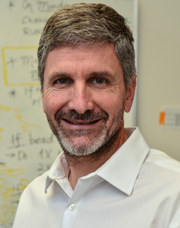
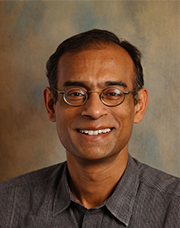
James V. DeGregori, Ph.D., University of Colorado, Denver Collaborating with Ranjan Sen, Ph.D., National Institute on Aging
Research Focus:
Understanding and Circumventing Aging-Dependent
Changes in the Bone Marrow Microenvironment that
Promote Leukemogenesis
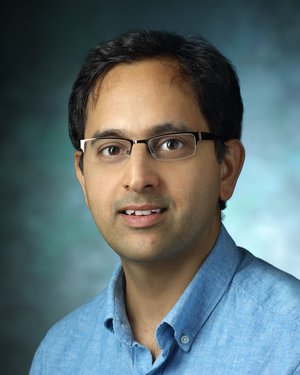
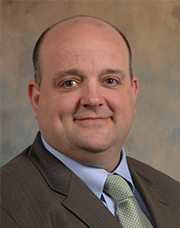
Hariharan Easwaran, MSc, Ph.D., Johns Hopkins University Collaborating with Rafael DeCabo, Ph.D., National Institute on Aging
Research Focus:
Characterizing Age-Associated Epigenetic Alterations
and Their Roles in Tumor Development
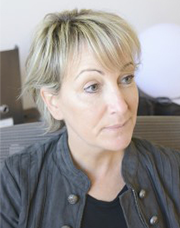

Doris Germain, Ph.D., Icahn School of Medicine at Mount Sinai Collaborating with Rafael DeCabo, Ph.D., National Institute on Aging
Research Focus:
The Role of the Mitochondrial Unfolded Protein
Response in the Etiology of Breast Cancer in Young
Versus Elderly Women
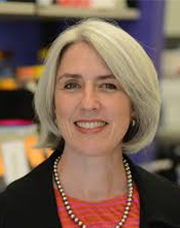
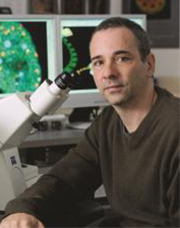
Margaret Goodell, Ph.D., Baylor College of Medicine Collaborating with Andre Nussenzweig, Ph.D., National Caner Institute
Research Focus:
Clonal Hematopoiesis, Aging and Genome Stability in
Ppm1d Mutants
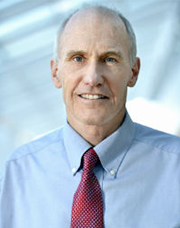
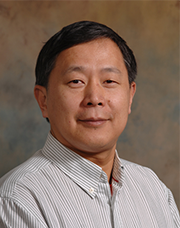
Carl June, M.D., University of Pennsylvania Collaborating with Nan-ping Weng, Ph.D., National Institute on Aging
Research Focus:
Determinants of Cd8+ T Cell Aging and Reduced Function
in B Cell Cancer
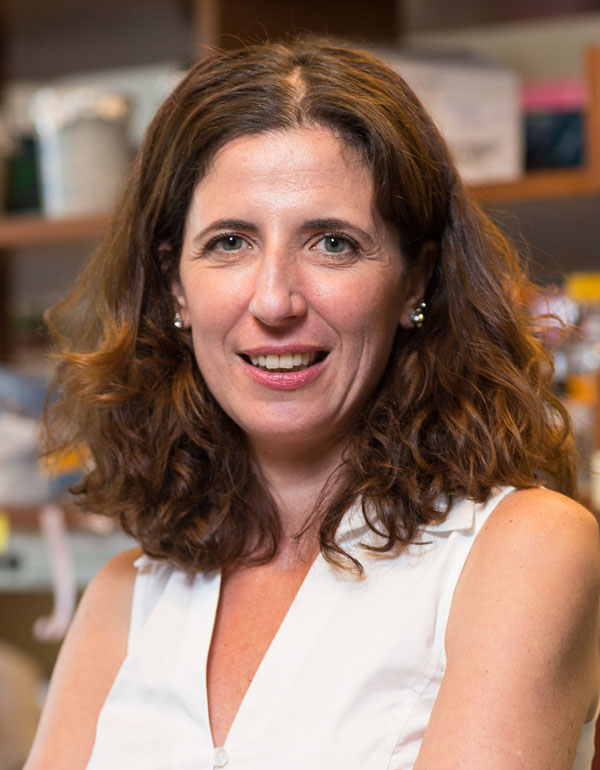
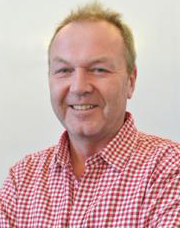
Cristina Montagna, Ph.D., Albert Einstein College of Medicine Collaborating with Thomas Reid, M.D., National Cancer Institute
Research Focus:
Age Associated Genomic Instability and Brain Tumor Risk
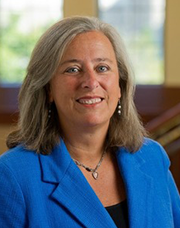

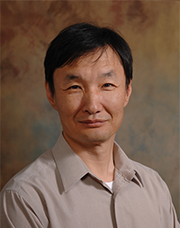
Mary Stack, Ph.D., University of Notre Dame Collaborating with Christina Annuziata, M.D., Ph.D., National Cancer Institute and Arya Biragyn, Ph.D., National Institute on Aging
Research Focus:
Aging and the Ovarian Tumor Microenvironment
